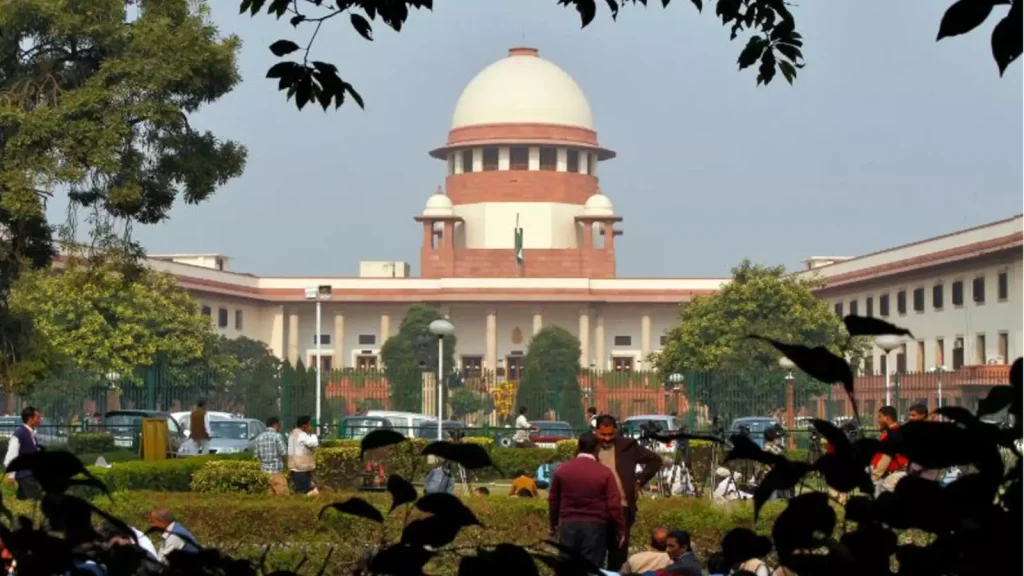Context:
Recently, the Supreme Court of India ruled that viewing, storing, and distributing child sexual exploitative and abuse material (CSEAM) is an offense under the Protection of Children from Sexual Offences (POCSO) Act 2012 and the Information Technology (IT) Act 2000.

More on the News:
- The ruling came in response to an appeal filed by the NGO Just Right for Children Alliance against a Madras High Court decision.
- The Supreme Court’s verdict overturns the previous ruling by the Madras High Court, which stated that mere possession or storage of pornographic material was not an offense under the POCSO Act.
Supreme Court Ruling:
- The Supreme Court urged Parliament to amend the POCSO Act, replacing the term “child pornography” with “Child Sexual Exploitative and Abuse Material” (CSEAM) to more accurately reflect the severity of the crime.
- The court said that Section 67B of the Information Technology (IT) Act punishes the use, transmission or publication of pornographic content involving children, including child pornography.
- It also makes it illegal to engage in any sexual activity with minors or to explore, create, store, or facilitate anything related to it online.
- The ruling classifies the offenses under Section 15 as “inchoate” offenses, meaning they are preparatory actions taken toward committing further crimes.
- The Supreme Court ruled that Section 15 of the POCSO Act provides for punishment for storing, sharing or transmitting child pornography.
- In 2019, the POCSO Act was amended to introduce Section 15 of POCSO prescribes a graded punishment in its three sections 15(1), (2) and (3) with increasing grades of punishment ranging from fines to imprisonment of up to three to five years.
- storage or possession of any child pornographic material to transmit [Sections 15(1)]
- transmit and display [Sections 15(2)]; and
- earn commercial gains [Sections 15(3)].
- The Supreme Court introduced the principle of ‘constructive possession’ to hold individuals accountable if they have had control over CSEAM at any point, even if later deleted.
Way Forward:
- Strengthening Cyber Laws: India needs to continually update its cyber laws to address evolving digital threats to children.
- Public Awareness: Launching comprehensive awareness campaigns about the legal consequences of engaging with CSEAM is crucial.
- International Cooperation: Enhancing collaboration with global law enforcement agencies to combat cross-border circulation of CSEAM is essential.
- Technological Solutions: Investing in advanced technologies to detect and remove CSEAM from online platforms should be prioritized.
- Support for Victims: Developing robust support systems for victims of child sexual exploitation, including counseling and rehabilitation programs, is necessary.

